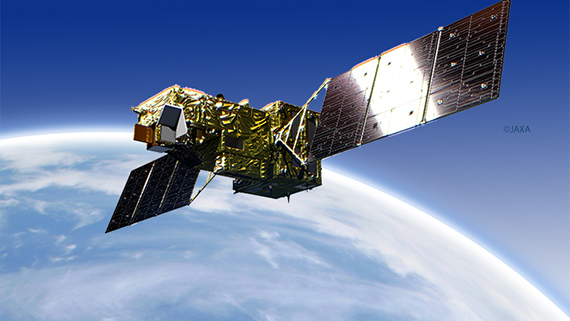Greenhouse gas measurements from space a current hot topic – top researchers in the field to meet for the first time in Helsinki

More and more satellites are being used to measure greenhouse gases in the atmosphere. In the future, the goal is to also utilise satellites in the creation and monitoring of climate agreements. The first steps towards this direction have just been taken: according to the Finnish Meteorological Institute's research, the carbon dioxide emissions of large cities can be detected from space. However, satellite measurements still face plenty of challenges, especially in the Arctic region.
Satellites provide observations even from Arctic regions
Professor Johanna Tamminen from the Finnish Meteorological Institute emphasises the importance of satellites in global observation. "For example, the Arctic region contains large swathes of terrain whose ground has not been measured. However, the Arctic region is connected to some very important questions, such as the locations of methane sources. The Arctic region is challenging even for modern satellites due to its long lightless periods, and the interpretation of the measurements requires scientific collaboration." Tamminen also notes that satellites can be used to observe unreported greenhouse gas emissions. The accuracy of satellite measurements is developing constantly, but the development work requires strong international cooperation. The accuracy and near future of satellites are the central themes of the workshop that will be arranged by the Finnish Meteorological Institute, which will bring together the top researchers in the field to Helsinki.
The international workshop on the satellite measurements of greenhouse gases will be arranged by the Finnish Meteorological Institute between 6-8 June. The workshop will include over 160 researchers from e.g. the European Space Agency ESA, NASA, as well as the national space agencies of Japan and China. The annual workshop will be arranged for the 13th time, and for the first time in Finland. The scientific workshop is part of the Finland 100 programme.
Further information:
Professor Johanna Tamminen, tel. +358 40 737 8733
Postdoctoral Researcher Hannakaisa Lindqvist, tel. +358 40 725 5651
The website of the workshop: http://iwggms13.fmi.fi/
